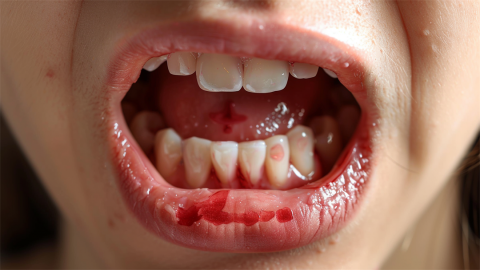Can teeth be extracted if there is periapical periodontitis?
In general, whether a tooth can be extracted in cases of apical periodontitis depends on the specific condition of the apical periodontitis and the actual status of the tooth. The details are as follows:

If apical periodontitis is in the chronic phase, with stable and controlled inflammation, and the tooth itself has no severe decay or mobility and still retains restorative value, extraction is generally not recommended. In such cases, root canal treatment or similar procedures can effectively remove infection from the root canal, eliminate inflammation, preserve the natural tooth, maintain normal chewing function and dental arch integrity, and prevent complications after extraction such as gaps between teeth or tilting of adjacent teeth.
If apical periodontitis is in an acute phase, accompanied by obvious swelling and pain, or if the tooth has severe decay or mobility making it non-restorable, and examination confirms that extraction will not lead to serious complications, tooth extraction may be performed after controlling the acute inflammation. Direct extraction during the acute phase may cause the spread of infection; therefore, symptoms should first be alleviated using medications or other methods, and extraction should only proceed once inflammation has subsided.
Prior to extraction, patients must fully inform their dentist about their history of apical periodontitis and any previous treatments, and cooperate with oral and imaging examinations. After extraction, follow medical instructions: bite firmly on the gauze pad to control bleeding, avoid rinsing, brushing, or touching the wound with the tongue immediately afterward. Avoid hard or hot foods in the short term, maintain good oral hygiene, and prevent wound infection. If persistent pain, swelling, or uncontrolled bleeding occurs after extraction, seek prompt medical review.




